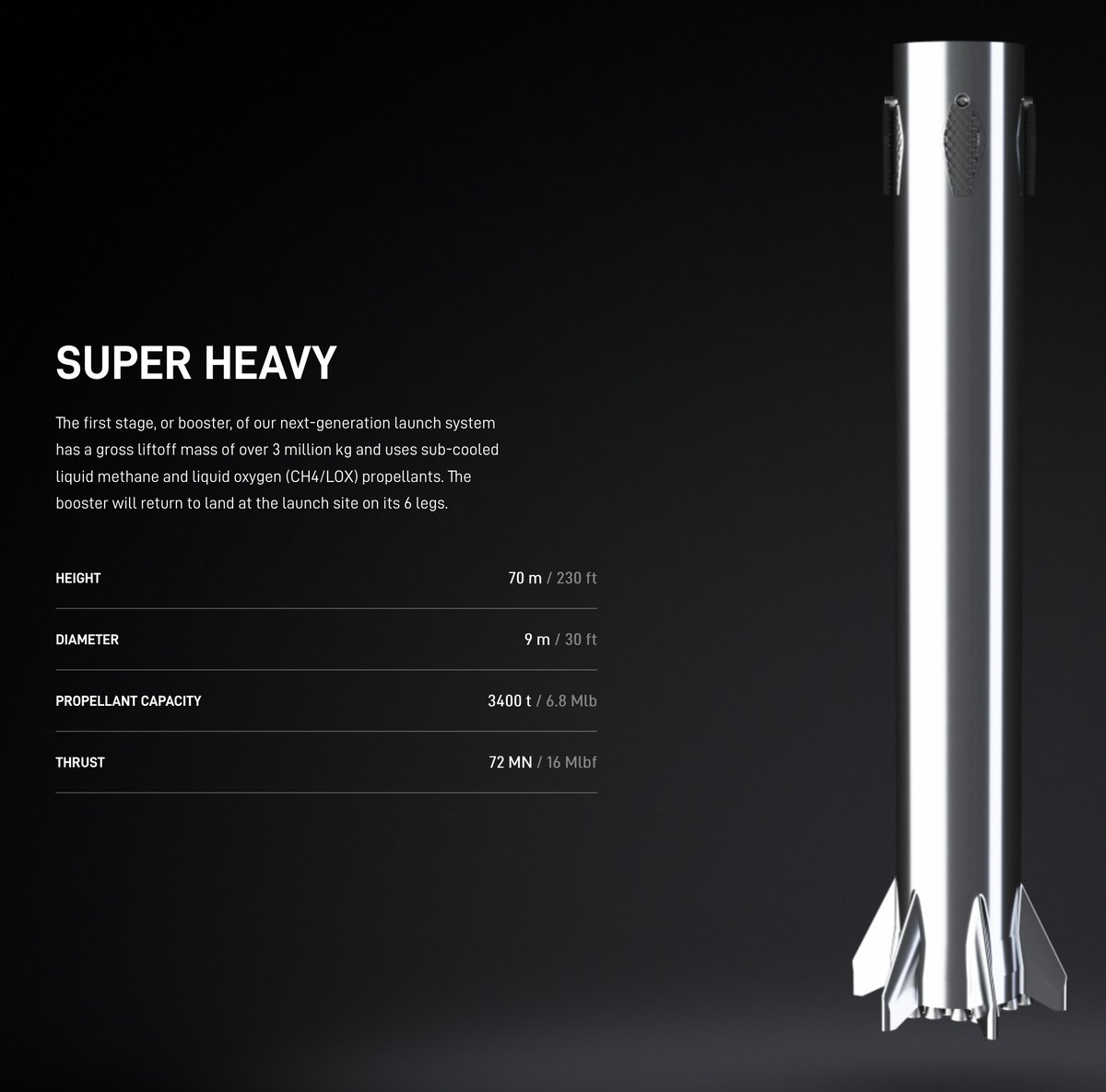
Exclusive: Pfizer warns EU to back down on vaccine threats to UK. Drugmaker warns Brussels that UK has the power to retaliate against any export ban by withholding raw materials shipped from Yorkshire
telegraph.co.uk/news/2021/03/1…
telegraph.co.uk/news/2021/03/1…
Pfizer and its partner BioNTech have warned the EU to back down from its threat to block vaccines to the UK because the firm needs crucial ingredients shipped from Yorkshire, and the UK could retaliate against any export ban by withholding raw materials needed for its jab.
Croda International, a chemicals firm based in Staith, North Yorkshire, has been delivering vital "fatty molecules" to Pfizer's factories in the EU since signing a five-year contract with the firm in November.
Pfizer and BioNtech are understood to have warned EU leaders that production at their main vaccine factory in Belgium could "grind to a halt" within weeks if the UK moved to prevent deliveries from crossing the Channel.
It comes amid a bitter international row over vaccine supplies after Macron backed a threat by the EU Commission president Von der Leyen, to seize factories, waive patents and ban vaccine exports to the UK unless Boris Johnson surrendered British-made AstraZeneca jabs to the EU.
One senior UK Govt source involved in tackling the Covid pandemic played down the chance that Britain would retaliate by blocking its own exports of vaccine components to Europe.
However, Pfizer and BioNtech are understood to have privately warned the commission that any vaccine ban on the UK would risk provoking a Downing Street backlash that could further derail the bloc's stuttering vaccine rollout
The drugmaker has already admitted it faces a global shortage of lipid nanoparticles, the specialised fatty molecules used to encase the fragile mRNA vaccine and safely deliver it to human cells.
A Pfizer spokesman said: "We have been clear with all stakeholders that the free movement of goods and supply across borders is absolutely critical to Pfizer and the patients we serve."
Last November, Pfizer signed a five-year deal with the Yorkshire-based firm Croda International, one of the few companies in the world able to supply the crucial substance. Croda is quadrupling the capacity of its UK factory to meet demand.
The Pfizer/BioNTech recently announced contracts with Germany-based companies to scale up the supply of lipids. However, lipids supply remains the key bottleneck facing the production of the Pfizer vaccine and it would take up to 8 months to boost production.
"We need kilos and kilos and kilos of that stuff," Mr Poetting (the BioNTech chief operating officer) said, adding that any export restrictions could endanger the supply. The Pfizer/BioNTech vaccine is also reliant on components shipped from the US and Canada.
A senior UK government source played down the idea of a retaliatory ban, stressing that Britain seeks to attract new businesses: "... if you want to come and set up your manufacturing base in the UK you can".
• • •
Missing some Tweet in this thread? You can try to
force a refresh








